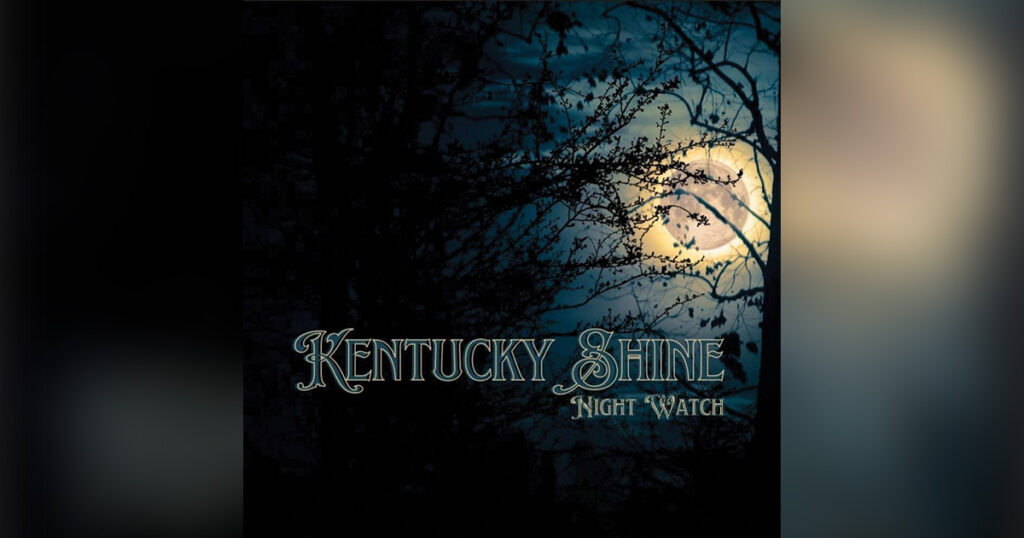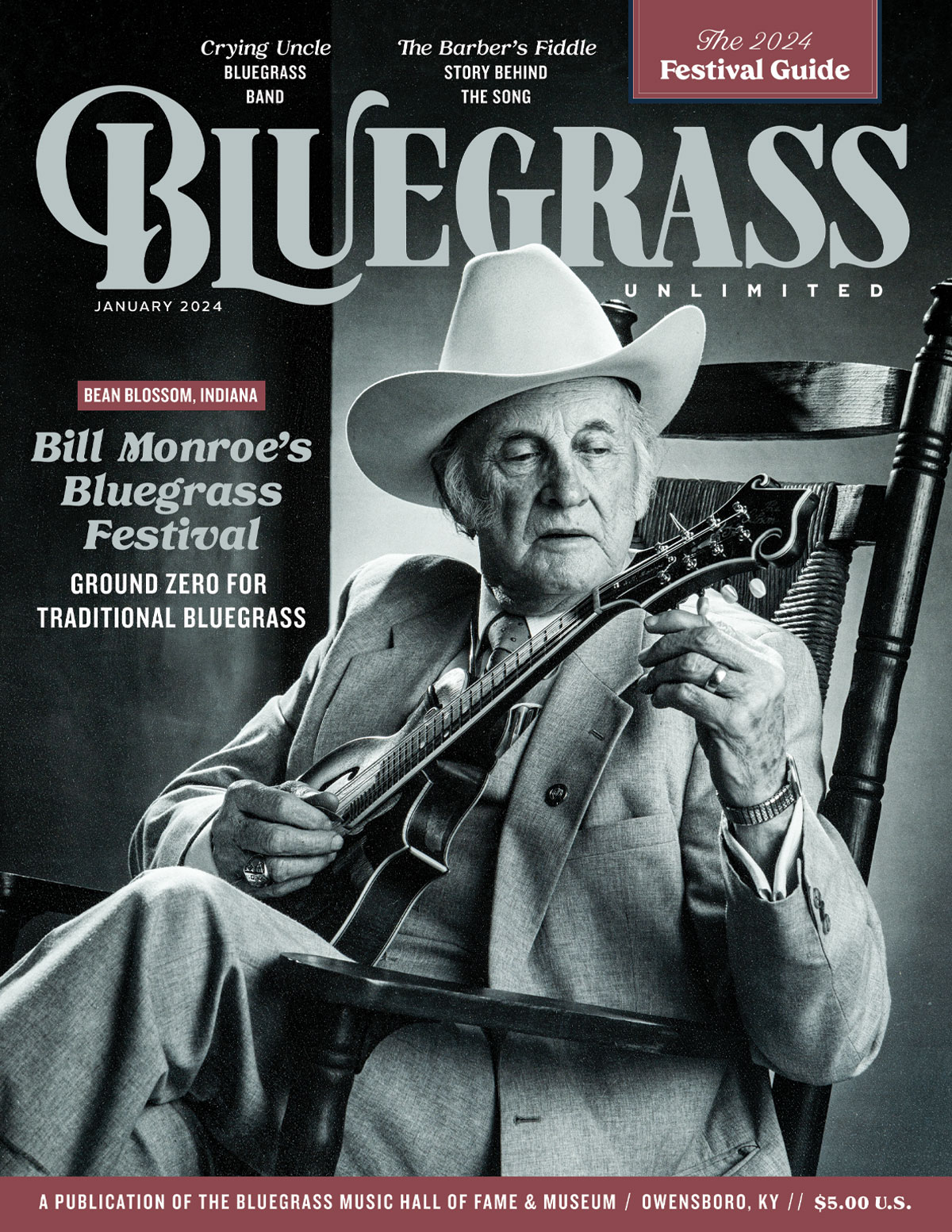Kentucky Shine
This Owensboro, Kentucky-based band’s second album is one of those projects where all the pieces fall almost magically together. This owes to Kentucky Shine’s fine singing, playing and songwriting as well as their sure-handed grasp of the music’s thematic and instrumental traditions.
Night Watch features two covers. One is a revival of the Osborne Brothers’ “Big Spike Hammer,” and it has all the power and persuasion of the Osbornes’ classic performances of yesteryear. There’s also a marvelous reprise of John Hartford’s timeless “Gentle On My Mind.” If ever a song was worthy of yet another cover, this is it, and Kentucky Shine brings just the right touch of wistfulness and reverie to its intricate arrangement and stream-of-consciousness lyrics.
I mention these covers first because the band’s original material—mostly written by fiddler-vocalist Steven Stewart (who penned the Hollywood Independent Music Award-winning “The Game,” included herein) and guitarist-vocalist J.B. Miller—stands tall aside these classics.
“Sun Is Going Down” (Miller) echoes across the ages with its depiction of the melancholic fall harvest celebration, the lightheartedness of which rails against the encroaching season of darkness. “Railroader’s Blues” (Stewart) is a bluesy train song that sounds like it could have been ripped from the back catalogue of Merle Haggard or Jimmie Rodgers. The same can be said of the tragic prison song “Back to See My Darling.”
Then there’s the exquisite title tune, penned by Miller. It’s the poignant, nostalgia-steeped reminiscences of a boy growing up on a Kentucky farm watching his father’s collection of cowboy movies and dreaming longingly about life in the Old West.
There’s also a pair of sterling instrumentals. On the galloping “Red Fox Run” (Stewart) you can almost close your eyes and see and hear the hounds baying as they are caught up in the chase.
“The Price You Pay” (composed by banjo player-vocalist Jordan Riehm) packs a similar punch and makes it clear that the members of Kentucky Shine have become masters of their respective instruments second to none.

